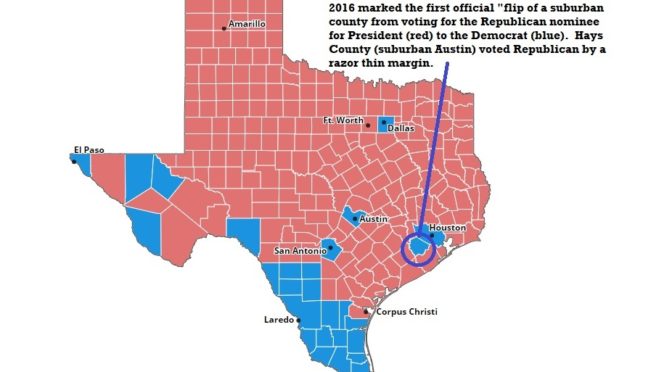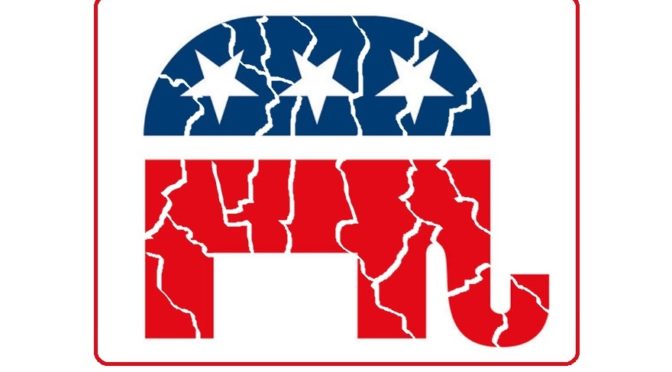Part 1: Lessons For Texas Democrats In Alabama’s Big Victory?
In a week filled with fast-moving political news, the Alabama victory of Senator- Elect is still the most fascinating out there. In his stunning defeat of Republican Roy Moore, Doug Jones became the First Democrat to win a United States Senate election in 25 years.
In an off- off year election, this particular race has … Continue Reading ››






